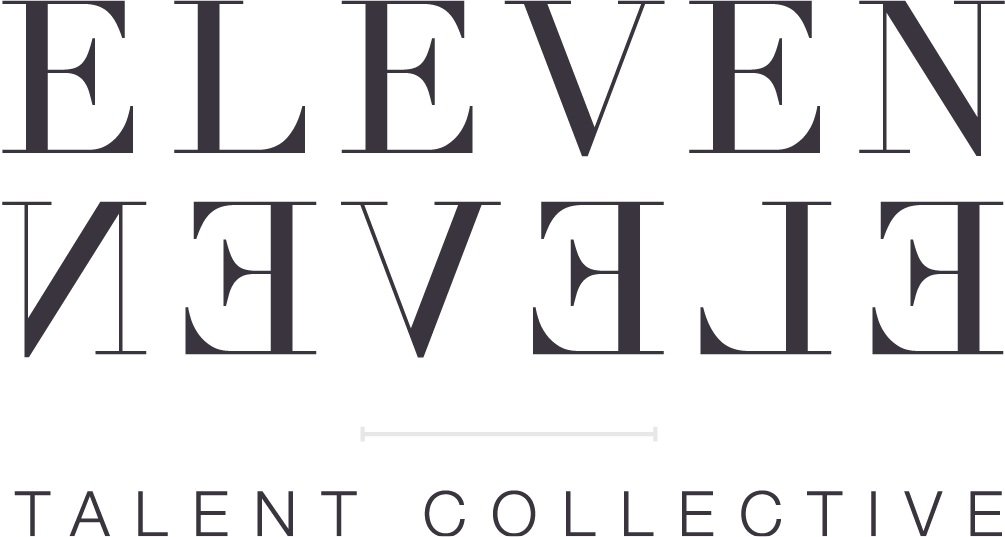The art of the question
Interviews are often the first impression for candidates, a window into the culture of your company. They are a crucial part of the candidate experience and a defining opportunity for you as the Manager to understand if you have a team of recruitment game changers.
It’s easy to ask questions, to follow a script, to let the candidate lead you in the interview, to ask the safe questions which enable you to hire a candidate that will 9 times out 10 leave the company willingly or not willingly after 6 months. For me to really understand if my candidate is a slam dunk, I ask questions to gain an understanding of their knowledge, behavior, aptitude and experience. Those questions are born from the Pohlmen model designed for organizational conversations and super useful for interviewing. Remember for each interview question, there should be a clear goal achieved in hearing the candidates answer:
Clarifying questions: It takes discipline not to speak past your candidate in an interview, asking clarifying questions helps uncover the real intent behind what is said. “Can you tell me more?”.
Example, imagine the candidates resume and cover letter are tailored perfectly for your company and the opportunity:
Me – Help me understand why are you interested in this opportunity?
Candidate – I LOVE my company and I’ve hit the glass ceiling
Me – Can you tell me more
Candidate – Well, my boss isn’t developing me and I don’t feel appreciated
Adjoining questions: Are used to explore related aspects of the problem that are usually ignored in the interview. Taking time to ask them can help us gain a broader understanding of the person.
Me – Have you spoken to your boss about development opportunities?
Candidate – Yes, well once and they haven’t asked me again.
Funneling questions: Deep dive questions, designed to provide insight in the candidates personality, motivation, strengths and opportunities. Dive deep enough that you no longer have to make any assumptions, because they only make an ass out … you know how it goes.
Me – Have you thought about taking on your own development?
Candidate – Well, I think my boss should be telling me what I need to work on
Me – How did you reach that thought?
Candidate – Well, he’s older than me and knows more
Me – Got it. Do you know if they have a development plan for themselves?
Elevating questions: Zooming out, helps me see broader issues and highlight the bigger picture the candidate is painting.
Me – Are your peers on a development plan?
Candidate – Yes
Me – Great, do you know how and when they go started?
Candidate – They met their year end goals in Feb and so their managers sent them a training course in March and they have time with a coach once a month. They’ve got a like a whole program designed for them. It’s not fair.
Me – I see, is there a trend that if you hit bonus then your development plan kicks in?
Candidate – Yeah
Me – Is it a trend or is that the companies strategy? Could you ask your manager for clarification, then you’ll know where you stand and what your future is with the company that you LOVE.
Disaster averted. Through the art of the question, energy and dollars have been saved that cannot be refunded if the candidate doesn’t pass probation. If the candidate stays at their company or if they do leave, I know that I’ve been responsible to guide them to ask themselves questions and not jump ship to find the answers.
Laura Appleton, Talent & Development Manager, Arcteryx
